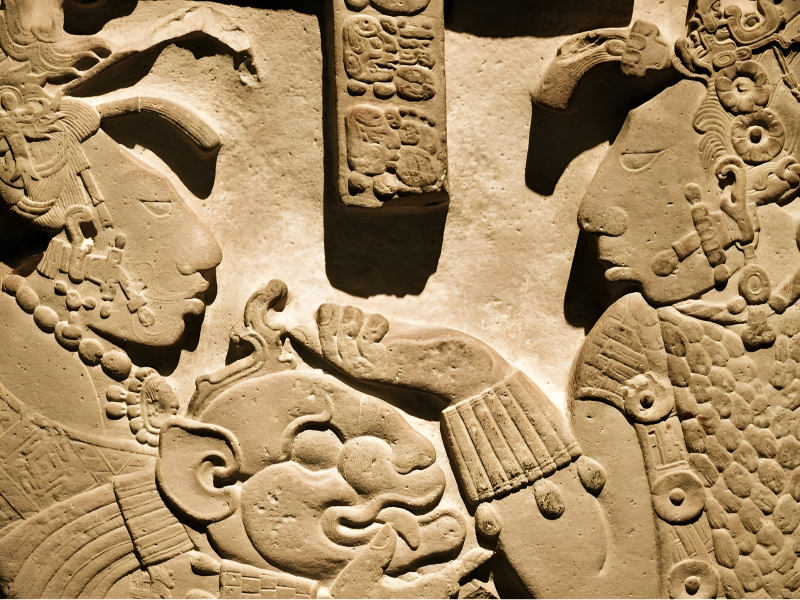6. The Misinterpretations of the Maya Calendar

Despite its richness and sophistication, the Maya calendar has often been misunderstood and misrepresented. Sensationalized interpretations, particularly regarding apocalyptic predictions, have overshadowed its true significance and the advanced knowledge it embodies. This chapter examines common misconceptions about the Maya calendar and their impact on our understanding of this ancient civilization. One of the most widespread misconceptions is the belief that the Maya calendar predicted a specific end date, such as December 21, 2012. Popularized by media and conspiracy theories, this view oversimplifies the cyclical nature of the calendar and ignores the broader context of Maya cosmology. To the Maya, time was a series of repeating cycles of growth and renewal, not a linear progression toward an ultimate end. The portrayal of the Maya calendar as a harbinger of doom diminishes its cultural and spiritual significance. For the Maya, the calendar was deeply intertwined with their agricultural practices, religious ceremonies, and social systems. Reducing it to a simple prophecy of destruction undermines the complex ways in which the Maya understood their environment and their role within it. Another common misinterpretation involves applying modern concepts of timekeeping to the Maya calendar. While the Maya developed sophisticated mechanisms for tracking time, their perception of time was fundamentally different from our linear viewpoint. To the Maya, time was cyclical, with each cycle offering opportunities for renewal and transformation. This perspective challenges contemporary notions of progress and invites us to rethink our relationship with time. These misunderstandings highlight the importance of cultural context in appreciating ancient societies. Approaching the Maya calendar with an open mind and a willingness to engage with its complexity allows us to better understand the wisdom of the Maya. This understanding fosters greater appreciation for their cultural diversity and the lessons they offer for navigating our own lives. Ultimately, the misinterpretations of the Maya calendar serve as a reminder of the value of nuanced and thoughtful exploration of ancient knowledge. Recognizing the cyclical nature of time and the calendar’s significance within Maya civilization helps us move beyond sensationalized narratives and embrace the profound insights the Maya have to offer. Through this understanding, we honor their legacy and deepen our appreciation of the complexity of human experience.
Advertisement
Recommended Reading: 26 Photos of Cats and Dogs to Make You Forget About Everything
You are viewing page 6 of this article. Please continue to page 7
























I’d attach measurable OKRs next.
I can sense future audit ease.
Encourages deliberate simplification.